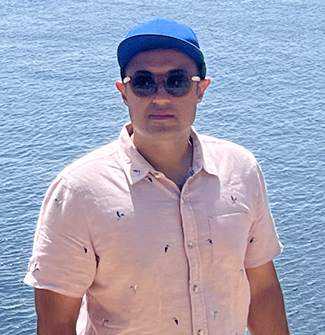
Client Stories
Hear from founders and investors about their successes and challenges along the way

Hear from founders and investors about their successes and challenges along the way

I help founders and investors successfully raise capital and build their business from inception through exit. I help companies see around corners, not just a legal advisor, but as a business partner that always looks to strike the right balance and find the ideal commercial approach to achieve…
Read More
I help founders and investors successfully raise capital and build their business from inception through exit. I help companies see around corners, not just a legal advisor, but as a business partner that always looks to strike the right balance and find the ideal commercial approach to achieve their goals.
Clients I've worked with: K Health | Dataiku | Merama | Warby Parker | Betterment